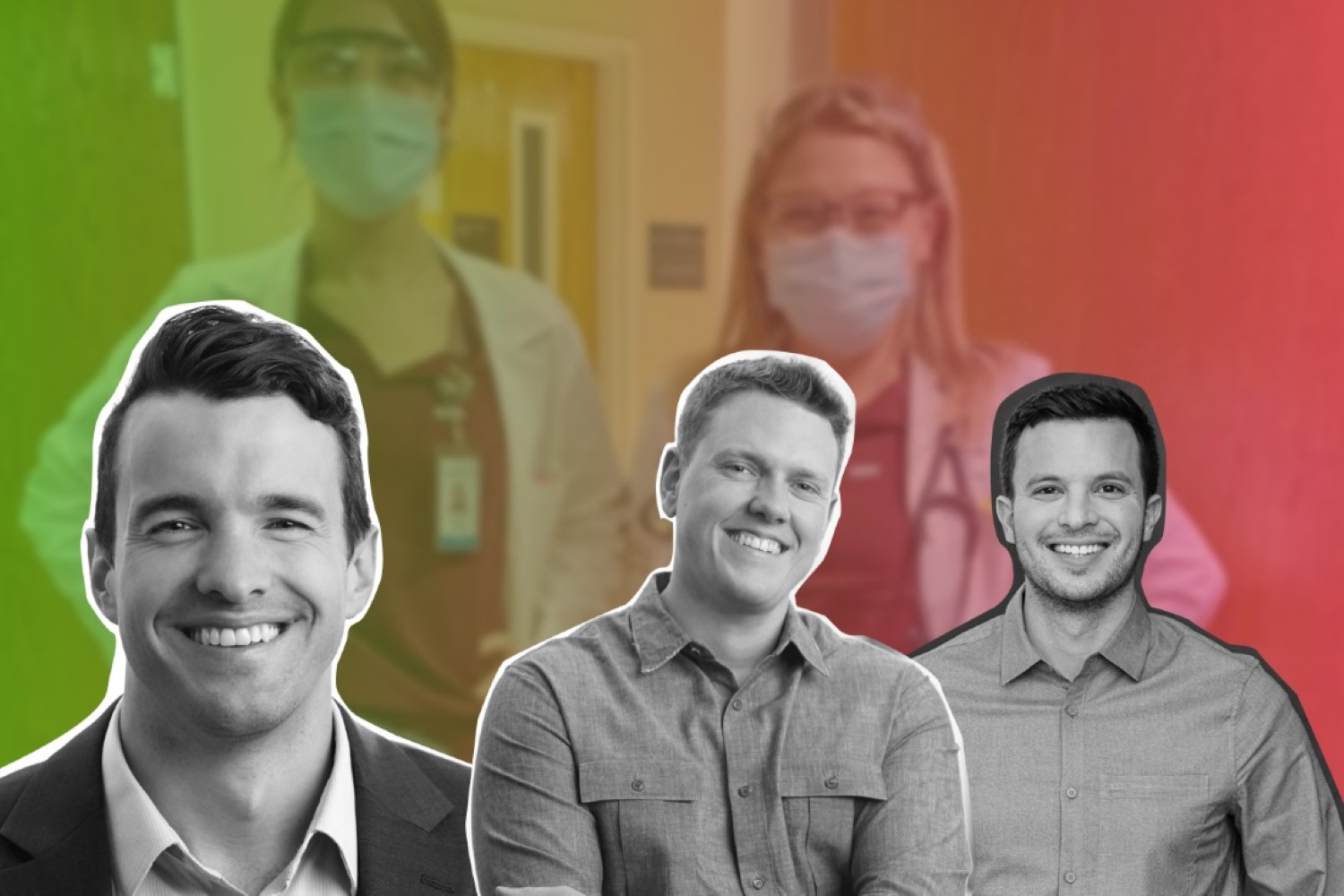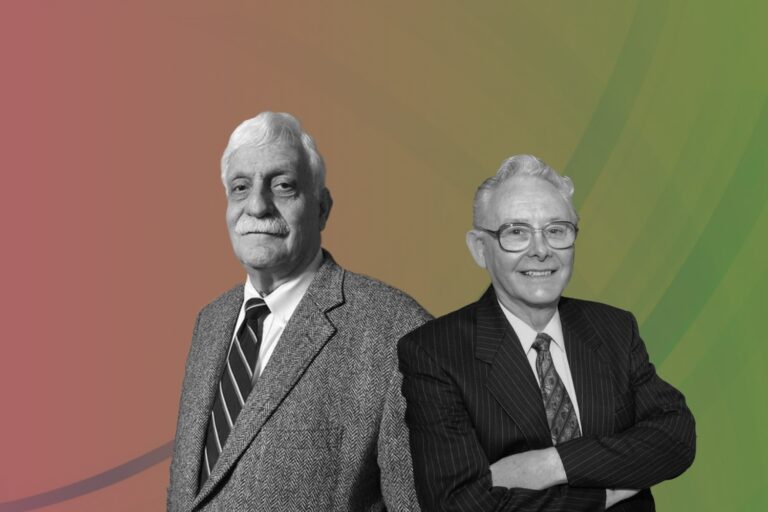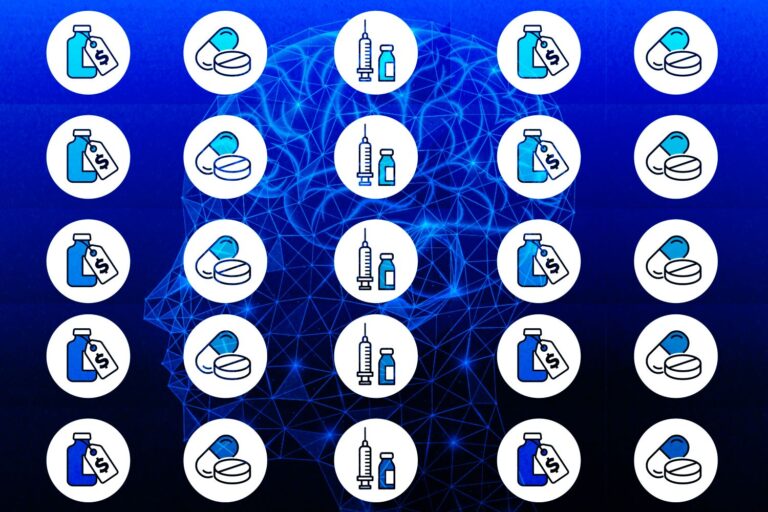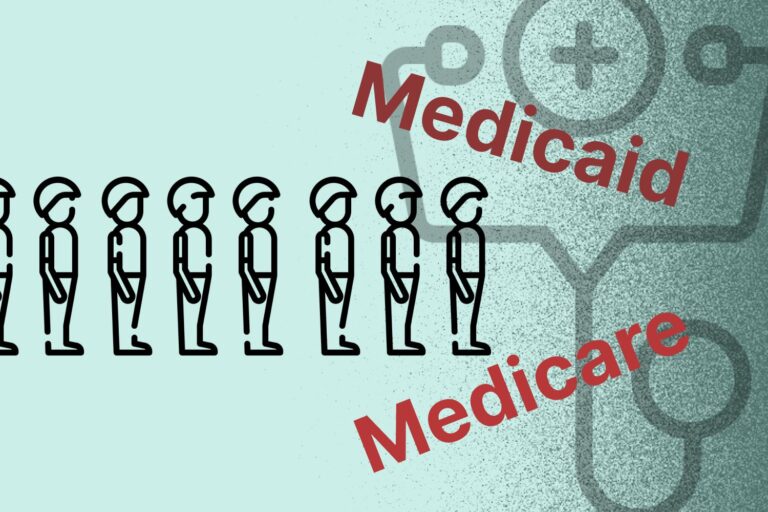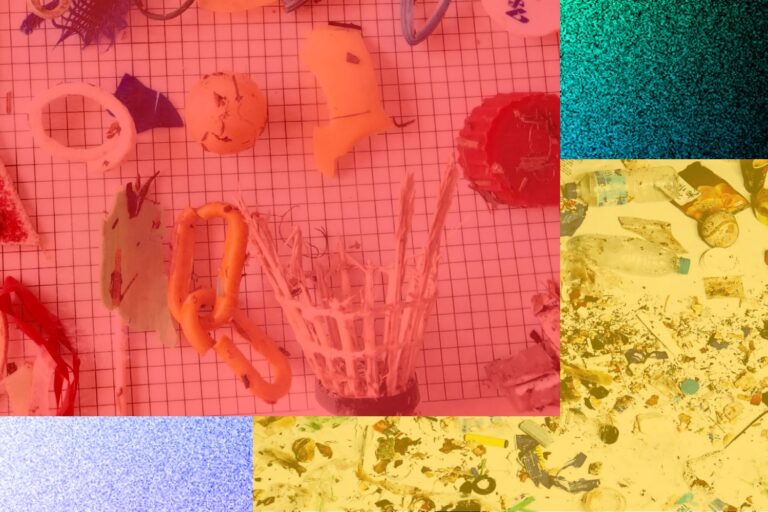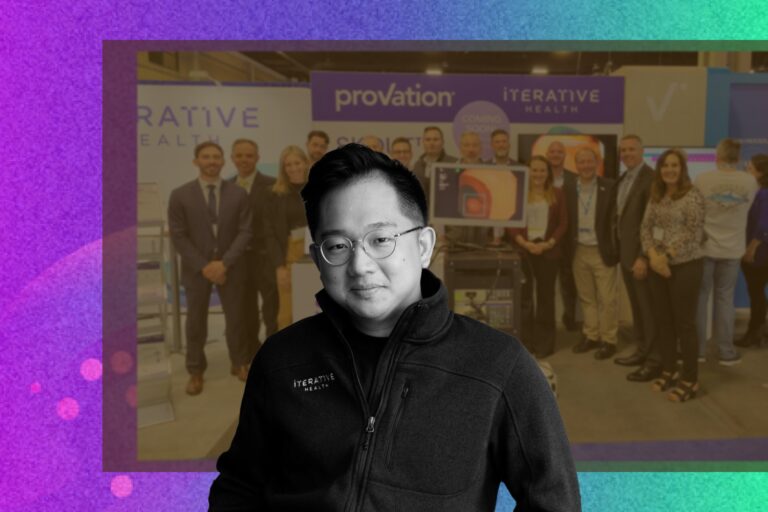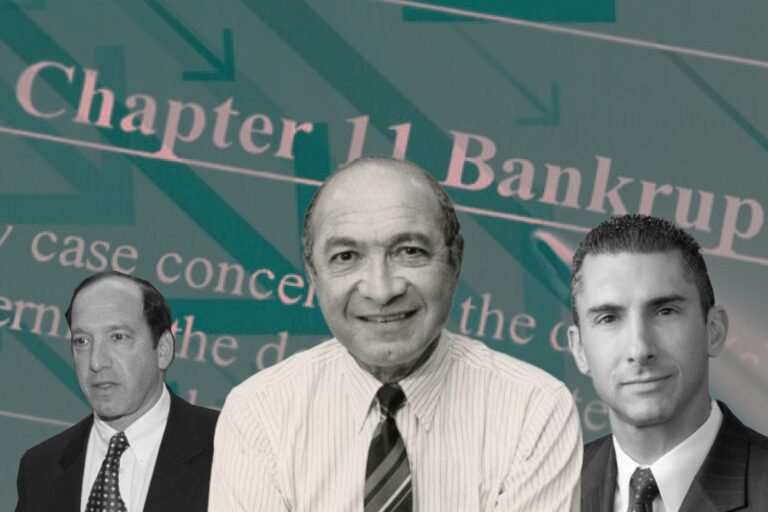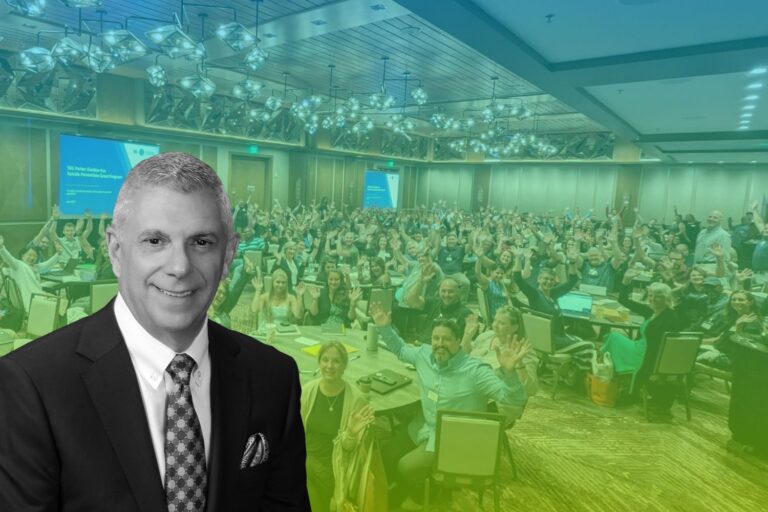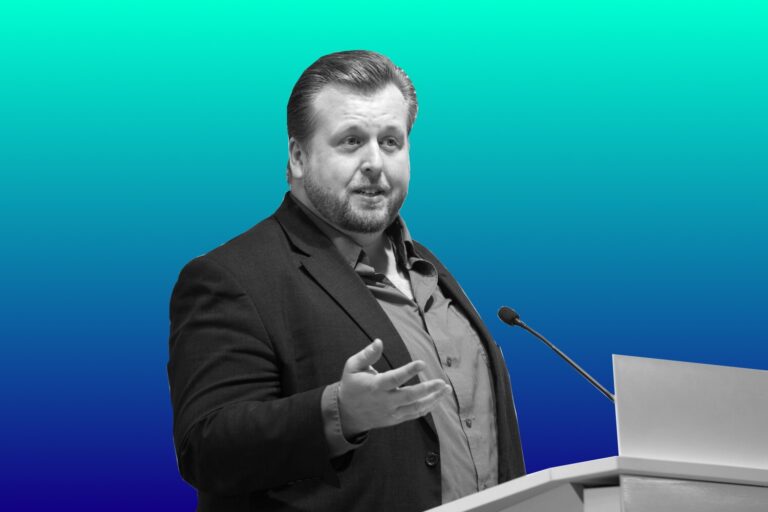Unfold Eko’s “Make or Break” Moments behind Its Life-Saving MedTech Breakthrough
Founded by the founder team of Connor Landgraf, Jason Bellet, Tyler Crouch, Eko is a cardiopulmonary digital health company headquartered in Oakland, California. The company is elevating the way clinicians detect and monitor heart and lung disease with its innovative suite of digital tools, patient and provider software, and AI-powered analysis. Since the company’s inception, clinicians across many disciplines and healthcare organizations of all sizes use its devices every day.
Last year was a proud year for Eko as the company has been named to the “2021 CB Insights Digital Health 150” list, the third annual ranking honors 150 of the world’s most promising private digital health startups transforming healthcare. It has also been selected as the winner of the “Best Use of Artificial Intelligence in Healthcare” award for 2021 in the fifth annual MedTech Breakthrough Awards program conducted by MedTech Breakthrough.
With the first data-driven AI-powered stethoscope, Eko is changing the way heart disease is screened globally. Its telemedicine integration makes in-person and remote patient care possible. Healthcare professionals in rural or non-office settings now have access to expert clinical decision-making support, increasing patient access to early detection and quality care.
Eko’s Origin Story of Disrupting the Status Quo
The co-founders started Eko as undergraduates. The initial startup idea was born out of Connor Landgraf’s senior thesis bioengineering class where he was asked to examine gaps in the modern healthcare system. He was doing user research, talking to cardiologists about their pain points, and one of the doctors looked at his stethoscope and said, “This is a tool that’s worn around the neck of myself and almost every clinician in the world, but it’s extremely inefficient.”
At that moment, a lightbulb went off for Connor Landgraf. There’s a smartphone in everyone’s pocket, and machine learning is proving to advance every industry . There had to be a way to build a smarter stethoscope. At the time when Jason Bellet was in the business school at UC Berkeley, Connor Landgraf was studying biomedical engineering, and the third co-founder Tyler Crouch was a mechanical engineering student, they came together and decided this is what we wanted to dedicate themselves to after graduating.
There was no obstacle that Eko’s early partners couldn’t overcome. Tyler Crouch spent countless hours, line by line of code, laying the foundation and scaffolding for Eko’s products. He had to learn everything from scratch when he went on to the software challenge. His passion for coding rapidly transferred to Eko’s youthful founders, who competed in pitch competitions. And each competition sparked and spurred even more creativity.
“The focus became, when’s the next competition? There were a lot of late nights. But having a physical product even though we didn’t have funding yet really set us apart,” said Tyler Crouch. Soon after, the company was winning awards, getting press coverage and so excitement was building for the early Eko team.
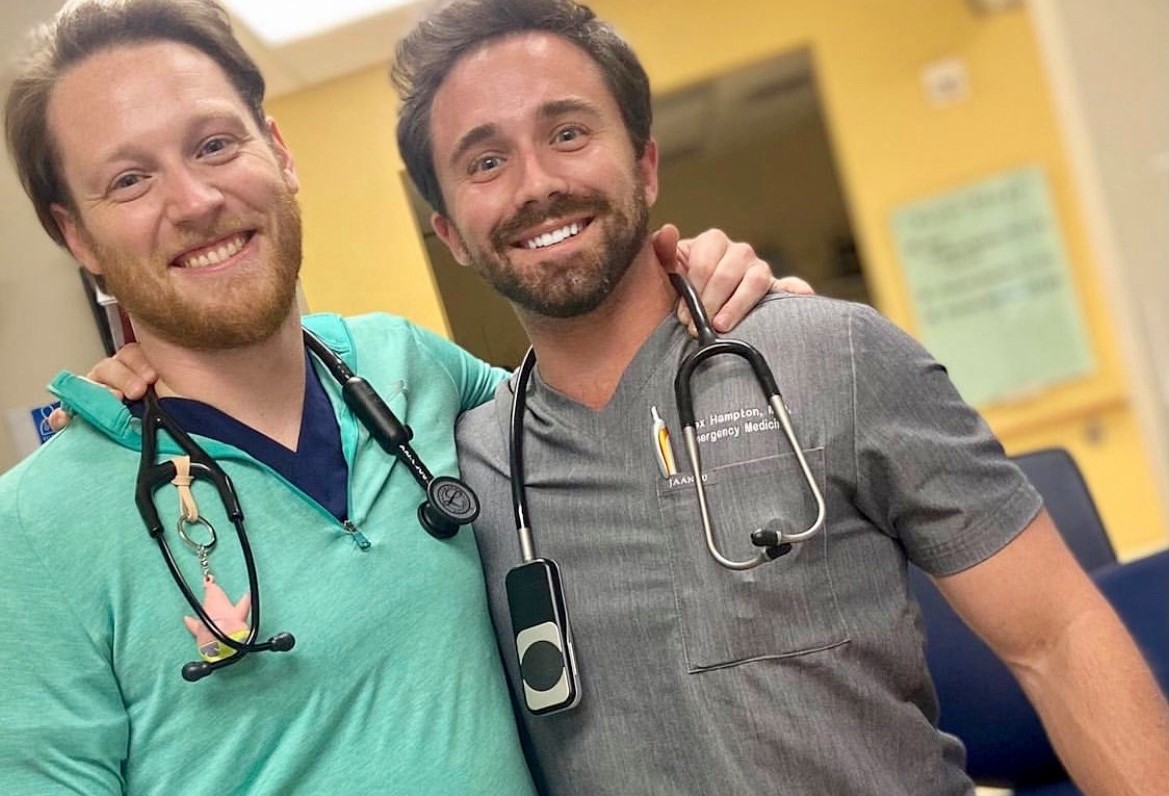
“My team and I try to focus on the impact our work has on patient care and we are so proud that we can now walk into half the hospitals in the U.S. and see a clinician using our product. Providers tell us daily that it’s helping them to better screen for cardiovascular disease. That impact , and the potential we see to grow it , motivates us to keep working hard every day,” said Jason Bellet.
Healthcare is broken in many ways. Patients aren’t getting the care that they need at the right time, often go undiagnosed with diseases that they could be treated for earlier and with better outcomes and are subject to exorbitant healthcare costs. While there are many potential solutions to these holes in the healthcare system, one trend that the co-founders are enthused about is the use of artificial intelligence technologies to assist doctors on the front lines of treatment in more efficiently identifying and treating disease.
What sets Eko apart are the stories of doctors who are doing what they would have done regardless, but with the help of the company’s technologies. Those inspiring stories from so many different clinicians on what Eko’s products have done for them are hugely impactful because they demonstrate the difference the product makes in actual practice.
5 Things the Co-founder Wishes to Be Told Before
As an excellent Co-founder & Chief Commercial Officer of Eko, Jason Bellet has been named to the Forbes Magazine 30 Under 30 list of rising leaders in healthcare and was invited by the Obama Administration to speak at the White House Dialogue on Men’s Health on pressing issues in cardiovascular care. Looking back at his journey at Eko from those early days, he realized some important lessons.
#1. Keep Networking
In the early days, Jason Bellet was always attending entrepreneur and health tech networking events, hoping to meet fascinating people, and spread the word about what Eko was building. However, as the company grew, it was too easy to get caught up in the day-to-day crunch mode and miss out on such moments. He immediately lost touch with the startup community, as well as the opportunity to learn from other brilliant health tech founders who were facing the same challenges the company experienced. So, as he advised, networking should always be a priority, even when things get hectic.
#2. Pick the Right Conference
“Healthcare, in particular, is known for having an overabundance of conferences for each specialty and vertical. It’s important to try a number of conferences and when you find the one that best aligns with your customers, then double down and stay focused,” shared Jason Bellet.
#3. Never Stop Listening
According to Jason Bellet, Eko was born out of listening to the needs of healthcare practitioners and he has learned to never stop listening. As he said, “It’s really true that everyone has something to teach us, and as we all look to advance a very broken industry, the more stories and data we have, the better.”
#4. Invest in Scientific Advisory Board (SAB)
At Eko, a strong scientific advisory board plays a critical role in the company’s success. It’s critical to have a robust network of scientific and medical experts. When used properly, a SAB can offer your company a fresh viewpoint, constructive criticism, and problem-solving assistance. It can also help increase the company’s profile and provide expert validation to investors, business partners, and others. So you need to determine your SAB’s major purpose at the outset, though keep in mind that it may alter over time and attempt to obtain a decent mix of backgrounds and experiences.
#5. Be Eager and Stay Patient
In the beginning, we as entrepreneurs would be so hungry to address the problems, we set out to solve with our businesses. For that reason, it’s all too easy to set unrealistic expectations or become disheartened when things don’t go as planned. “This is all a part of the process and the sooner you learn to be patient and roll with the punches, the better off you will be,” Jason Bellet stated.
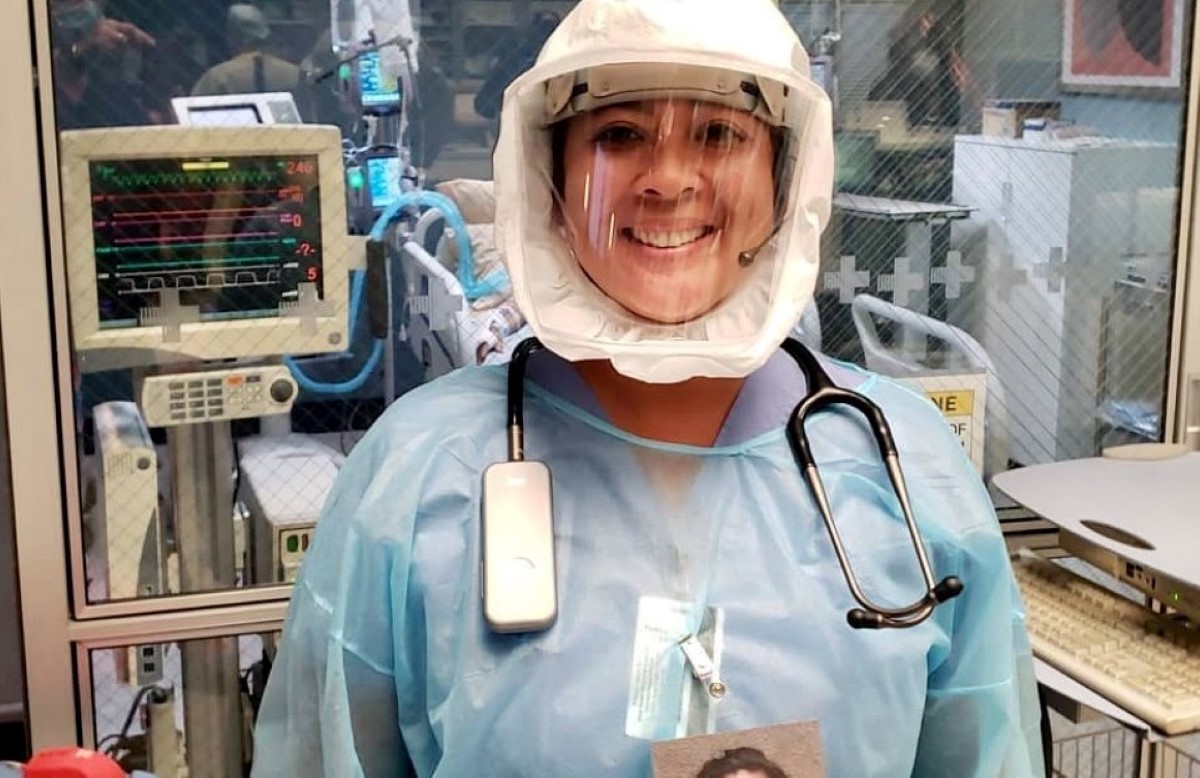
From Handling Crisis to Growing Stronger
During the past unprecedented years, Eko’s employees found themselves in a situation they never could have anticipated. At the onset of the pandemic, Jason Bellet recalled the multi-faceted monster quickly developing. “There was this public policy emergency with our supply chain challenges happening at the same time demand was spiking, and the Bay Area was ready to go on lockdown,” he said. “Navigating all that was a significant challenge.”
Another important order of business was implementing a work-from-home policy for all non-essential team members and making sure there was support for those employees. As it became clear everything was not going back to normal anytime soon, Eko’s Head of People & Places Mandy Adkins found ways to tackle human resources with creativity, flexibility, and empathy.
“I started managing employee benefits and onboarding, and just the entire employee experience. We took a look at our benefits and revamped them, keeping in mind that people mostly work from home now, so instead of perks like commuter dollars, we included mental health subscriptions and telehealth options. A few weeks into lockdown we sent everybody an herb starter kit and we all watched them grow together, even though we were all apart,” Adkins said.
As Jason Bellet stated, “We’re listening to employees and seeing what hybrid work model works best for them. There are undoubtedly people that are going to choose to return to the office five days a week. But I think the vast majority of the company will be using our headquarters for collaboration purposes and mainly working from home. We’re going to see people identifying for themselves what the ideal workplace looks like, and we’re going to support and adapt to that.”
A high-profile sense of purpose in combatting the epidemic is a big element of Eko’s success story this year. At the beginning of what would become a time of national pain, mourning, and anxiety, the company’s workers were able to combat the feeling of helplessness. The sense of purpose extended to everyone involved in the Eko mission.
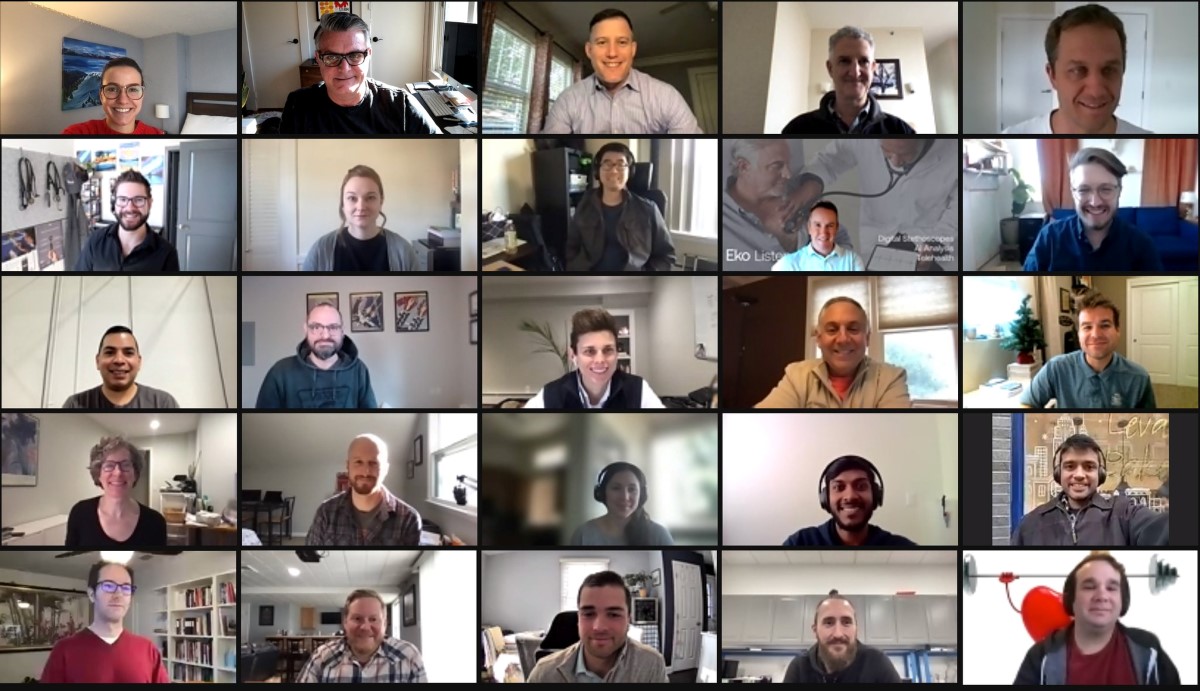
Eko’s leaders attribute their ability to pivot and react fast to its small size and close-knit team. But that wasn’t the only consideration. During a period of great uncertainty, each employee had a common goal that is getting critical tools into the hands of front-line healthcare providers. “We had an extremely dedicated team that very easily could have said ‘this is too risky for me,’ but doubled down instead,” Jason Bellet said.
In the midst of the tightest restrictions in the country, Eko met skyrocketing demand. The company started to see the demand from our customer base, from health systems, and from individual clinicians, to have a stethoscope that not only could help them examine patients better, but also help keep them safe. The demand went beyond Eko’s hardware line of digital stethoscopes, attachments, and monitoring. Eko’s telehealth solution became a must-have as the whole healthcare business shifted to a telehealth-first care approach. To keep up, Eko found itself in a hiring frenzy along with everything.
The wireless aspect was a game-changer at the time. A doctor could evaluate patients using Bluetooth headphones instead of breaking PPE (Personal Protective Equipment) by putting a stethoscope up to their ears. Even more amazing, a doctor may livestream a patient’s vital sounds to a practitioner in the next room or hundreds of miles away.
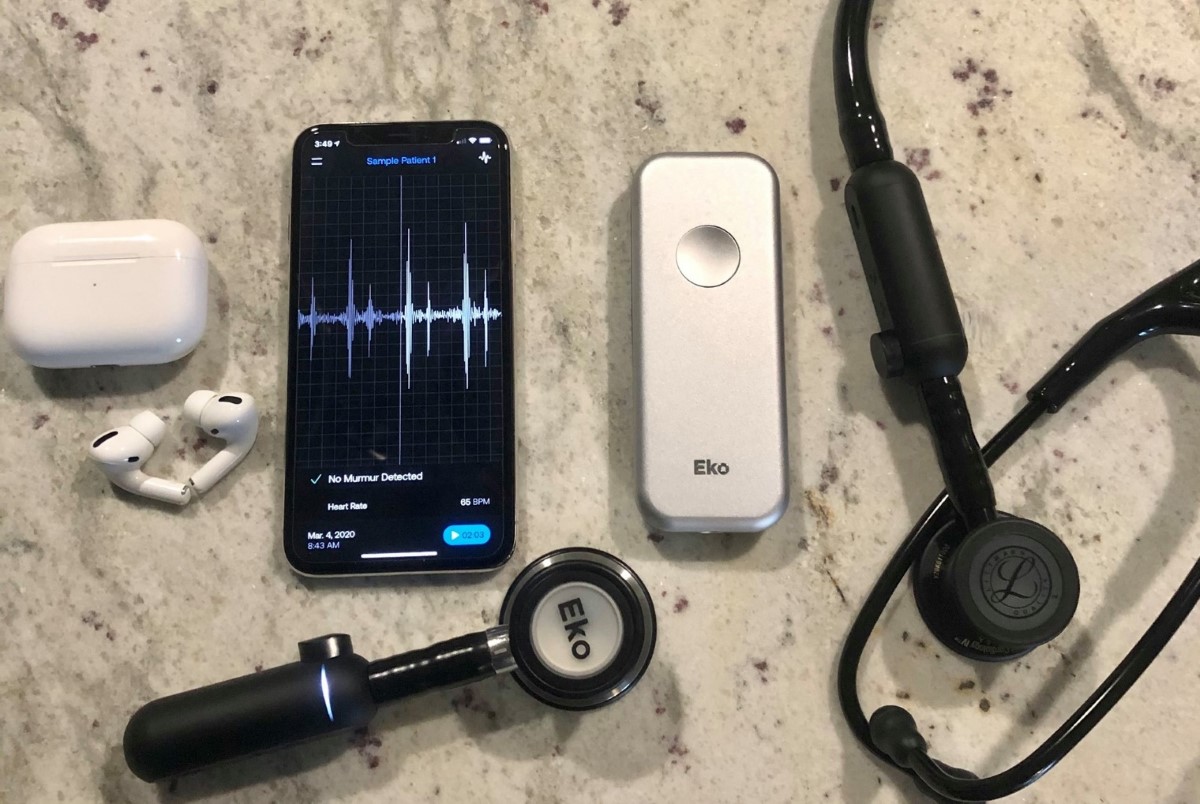
“In a way, we got really lucky,” Bellet said. “We had products and a business model that fit this new world. In fact, this virtual-first world was one that we’d been advocating for years. Then suddenly we saw in six months an acceleration of telehealth that would have taken ten years pre-COVID.”
Everything Eko went through was a learning curve that led to the company becoming bigger and better. Each employee was welcomed and integrated with care. In-person team building was easily absorbed by virtual team building. The initial frenzy of the first few months subsided into a manageable burden for each individual. Managers also followed up with each new hire around one month after coming on board.
“We’re not always going to have a pandemic to force us to pause and think big about how we could be doing things on a much different level. It forced many companies, including ours, to figure out what we were doing really well, and what we could optimize. What’s unexpected is against all odds, from every perspective, from the output of our supply chain, the quality of our product, the volume of marketing, the sales revenue, the customers we served, on every benchmark, we improved.” said Jason Bellet.
The Bottom Lines
Eko’s story is an inspirational story that you as an entrepreneur can learn a lot from. Success requires many factors, and even the best leaders cannot avoid making mistakes. Therefore, it is important to find ways to learn from others’ experiences, to be able to thrive in a highly competitive environment like the medical field.

